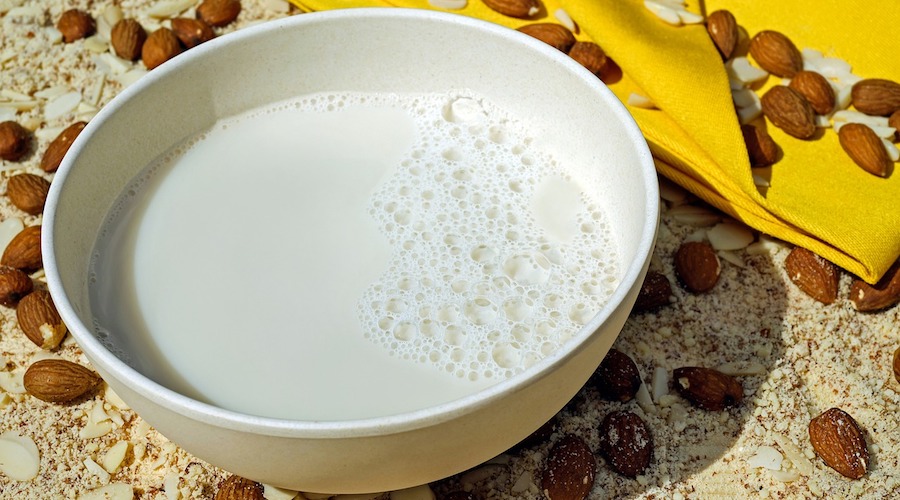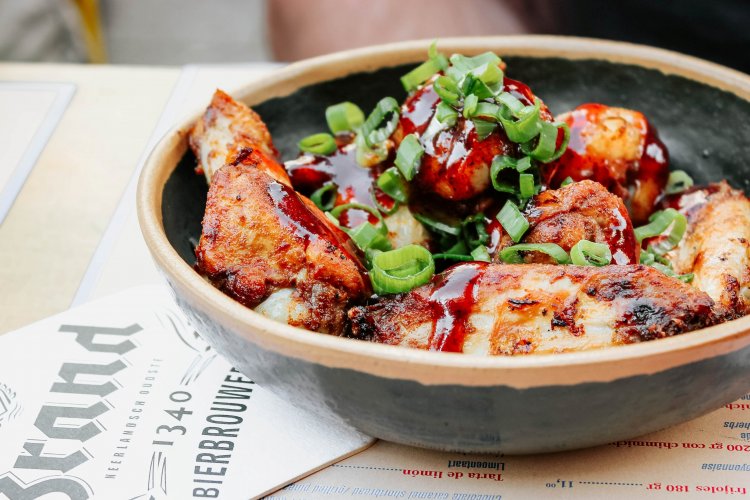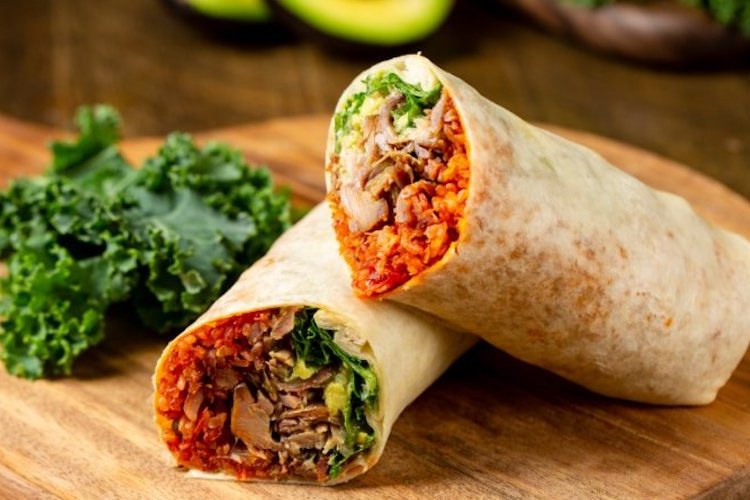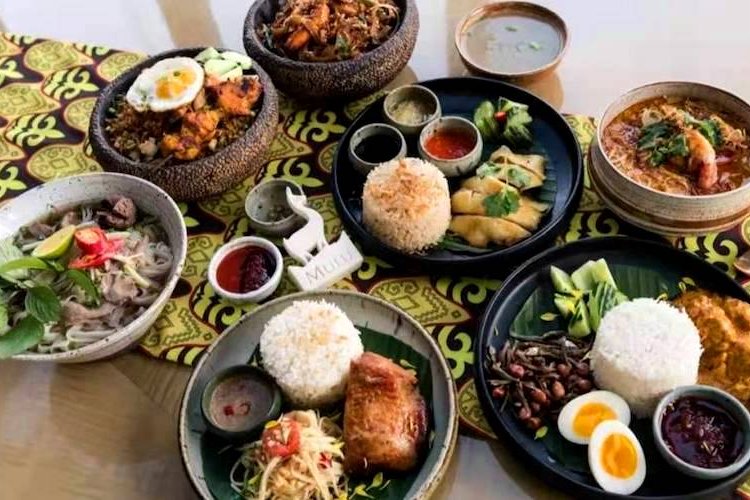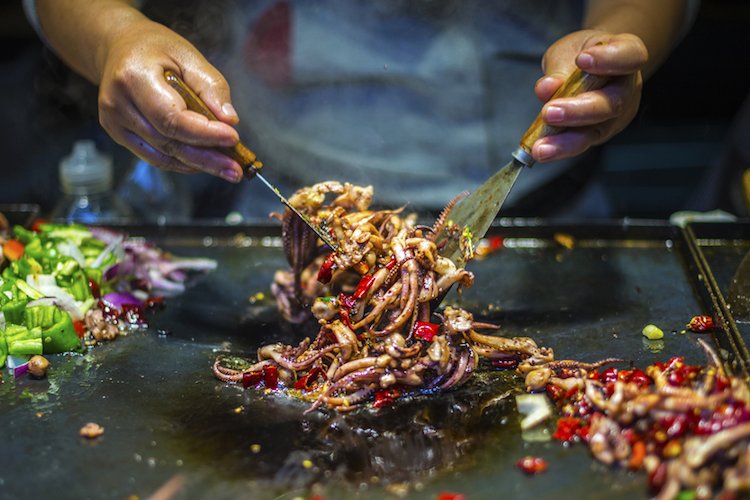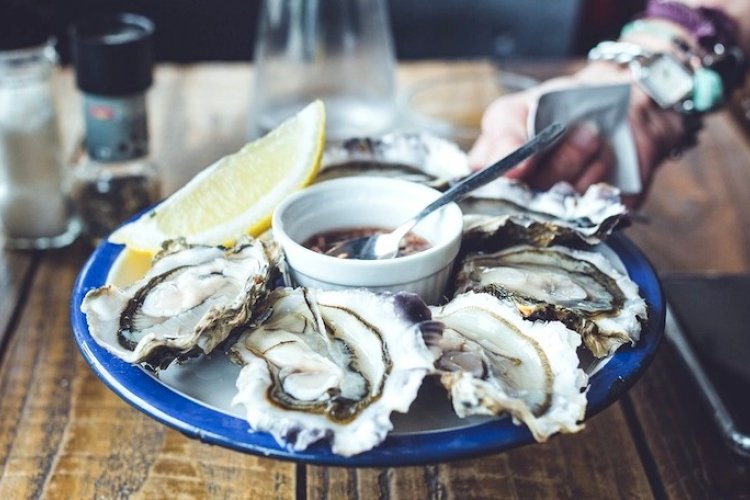Tastemakers: Where to Eat 2018’s Top Food Trends Today – Nut Milks, Super Powders, and Middle Eastern Cuisine
Early in November 2017, American retailer Whole Foods released a forecast of the food trends they predict will be keeping our palates busy in 2018 compiled by their team of global buyers and experts. Since we’re not lucky enough to have Whole Foods in Beijing, we thought we’d help you stay ahead of the curve by telling you where you can enjoy some of the trends they’ve identified – and you don’t even have to wait until 2018.
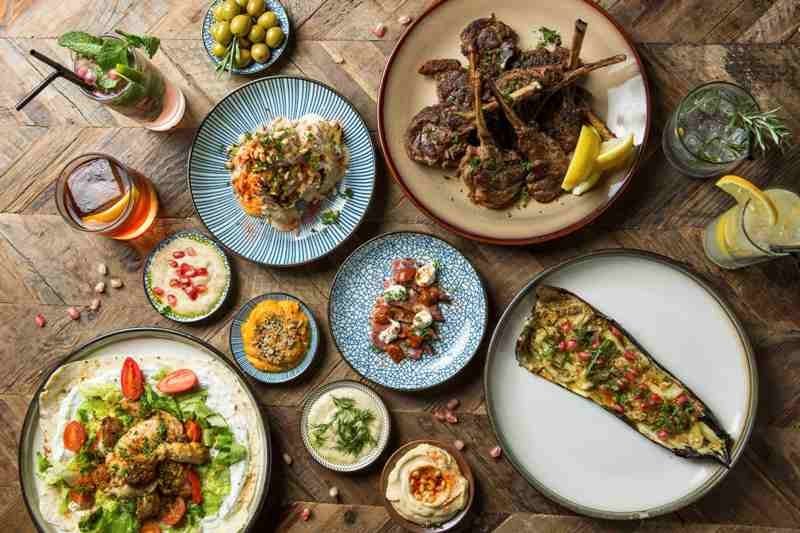
Middle Eastern cuisine
Calling the diverse cuisine of an entire region a trend seems fairly reductive to us, but there is no doubt that the flavors of this part of the world are having a moment in restaurants. According to Whole Foods, “trending Middle Eastern ingredients include pomegranate, eggplant, cucumber, parsley, mint, tahini, tomato jam, and dried fruits.” The clever folks at The Hatchery have gotten ahead of this trend with their new Tel Aviv concept, the menu for which features dishes such as eggplant grilled with pomegranate, mint, and ras el hanout and bulgar baharat falafel salad, inspired by Hatchery general manager Ben Mankarious’ trip to the Israeli capital earlier this year. You can also try one of Beijing’s many other tried and tested Middle Eastern restaurants, such as Sanlitun favorite Biteapitta, which was recently inducted into the Beijinger’s Dining Hall of Fame.

Superfood supplement powders
Up your breakfast game in 2018 by stirring a “superfood powder” into your smoothie or porridge. You’ve no doubt heard of antioxidant-rich matcha green tea powder and you probably have some au courant turmeric floating around your kitchen cupboard but the trend for health-augmenting powders goes way beyond that, including a wide variety of so-called superfoods such as maca (made from a root grown in the Peruvian Andes that is thought to help manage stress) and spirulina (a type of freshwater algae – yum). Online lifestyle platform Tru Living sells a variety of superfood powders, including the aforementioned spirulina and maca (from RMB 220 for 500g), and The Essential Greens powder from popular brand MyMaha, which includes 11 different superfoods, including wheatgrass, spinach, raspberries, spirulina, and moringa leaves. Guangzhou-based Go Vegan sells things like activated charcoal, açai powder, and kale powder. Both also sell vegan protein powder.

“Functional” mushrooms
Certain types of mushrooms have long been used in Chinese medicine to support the immune system and help flush toxins from the body, and it seems like the rest of the world is catching on. Whole Foods points to cordyceps and reishi (known in Chinese as lingzhi), both of which are thought to have anti-oxidant, longevity-boosting properties and have been popular in China for years. If you’re feeling brave, you can pick them up from any TCM pharmacy or Tru Living also sells cordyceps powder (RMB 390), which can be added to soups or hot drinks.
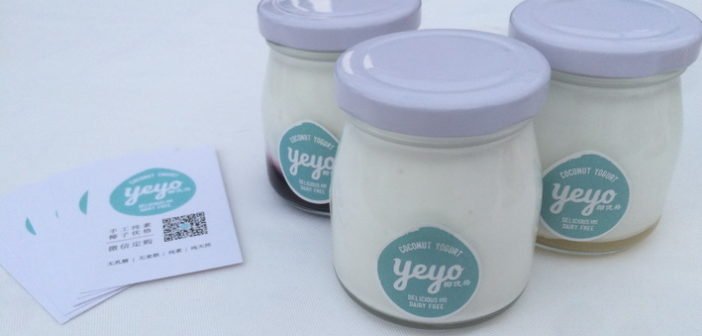
New advances in vegan food
Whole Foods says that 2018 will be the year when brands take vegan products to the next level, crafting milks, yogurts, and even simulated meat products from different combinations of nuts and vegetables. There are already some great vegan products on the market in Beijing, such as Yeyo’s coconut yogurt, and restaurants like Root Pop in Shuangjing are making tasty, creative vegan versions of things like burgers and hot dogs – so much so that you won’t even miss the meat. Vegan staples are also often easy to make yourself. Take nut milk, for example: Simply soak the nuts of your choice (I like a mix of almonds, brazil nuts, and cashews) in water overnight, drain and rinse, then blend with double the volume of water and strain the mixture through a fine cloth. Sweeten to taste with honey or maple syrup or leave plain for cooking and baking. Taobao store Enjoy Nature is a reliable source of good value nuts.
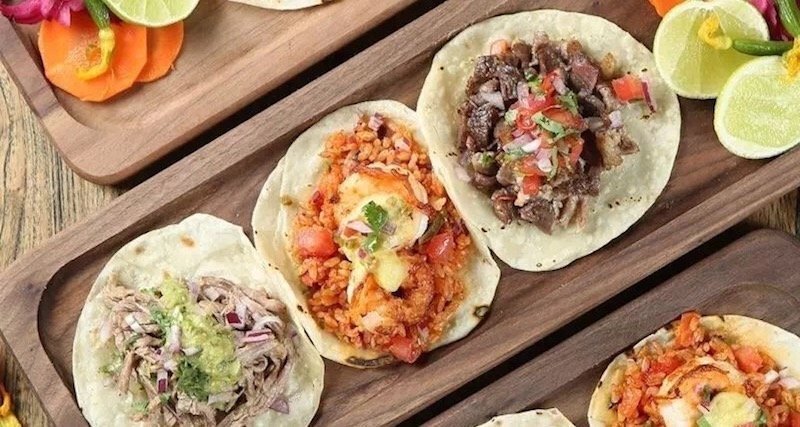
Tacos
We’ve been saying it all year: Mexican food in Beijing has never been better. According to the Whole Foods forecast, tacos in all their myriad forms are having a moment, so there’s really no excuse not to gorge yourself on the tasty offerings from restaurants like Q Mex Taqueria (get the jalapeño butter shrimp tacos), Pebbles Courtyard, and, of course, Taco Bar. Whole Foods’ report also says that tacos are moving away from what might be considered “traditional” components (e.g. corn or wheat tortillas) to include any and all wrappers and fillings, such as sheets of nori used as wrappers. To get in on this trend, order the hand rolls at HANA, rolled table-side with your choice of ingredients.
More stories by this author here.
Instagram: @gongbaobeijing
Twitter: @gongbaobeijing
Weibo: @宫保北京
Photos: Pixabay, courtesy of Hatchery, Wikimedia, courtesy of Yeyo, courtesy of Q Mex

